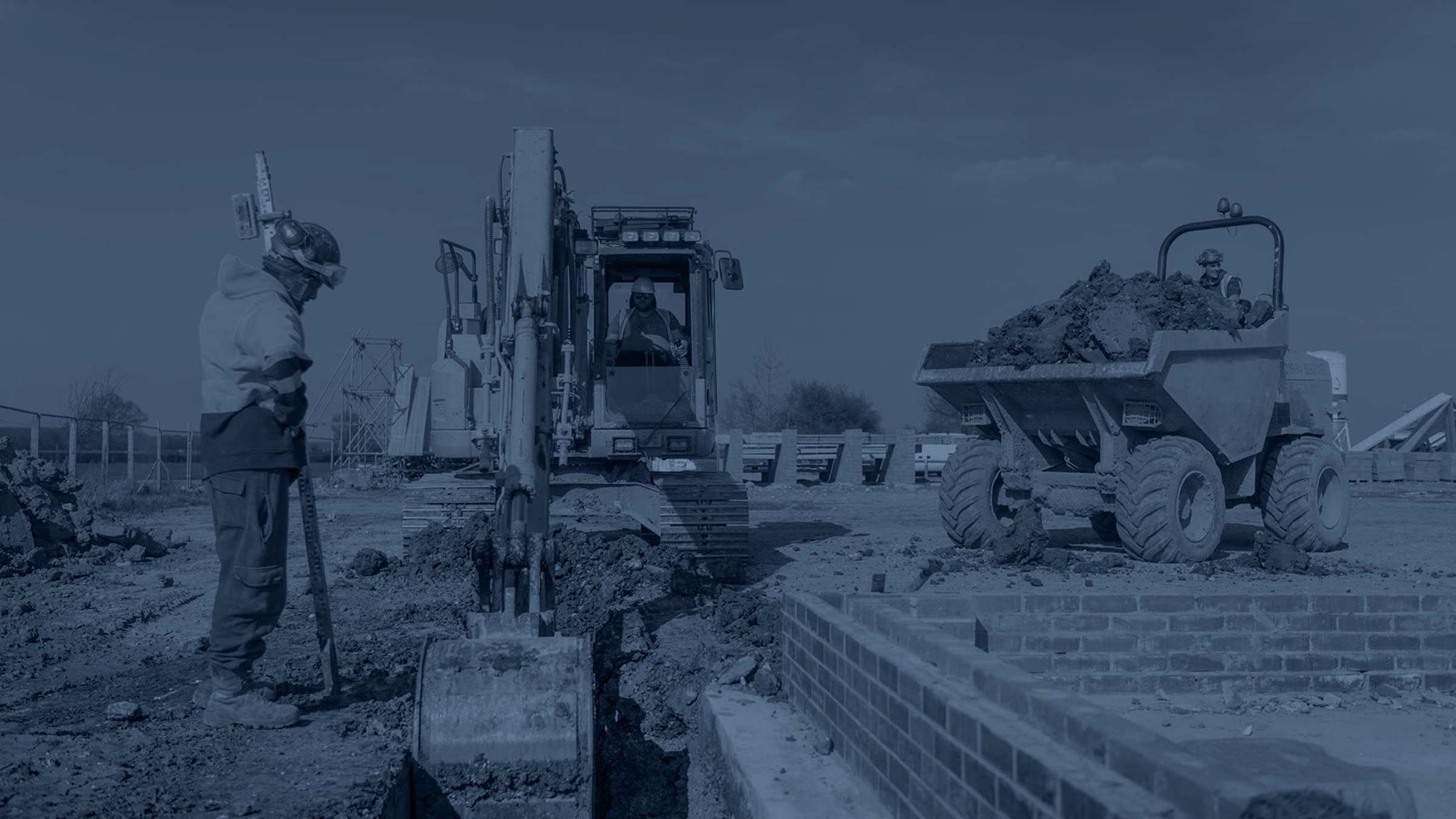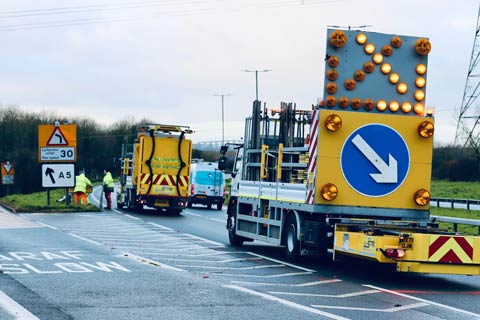10th August 2016 | Hudson Contract
HMRC insists that when it comes to CIS, due diligence is essential . . . and the responsibility is yours alone
Even if you outsource to a payroll company or get your accountant involved, you have to be hands-on. If your arrangements go wrong, or are deemed to be non-compliant, ignorance is no defence and the liability will be yours, not theirs. Our tax barrister explains what you need to look out for.
Here’s what you need to know about your current providers:
1. How long has your payroll firm been trading?
The tax and employment laws that govern construction are complicated. If the payroll company is a relatively new business, how certain are you its people have the depth of knowledge and – even more important – the experience required to deal with your payroll? Should you be concerned there’s no proven track record? Is the firm registered to pay - and be paid - under CIS? And does it have the necessary financial standing to honour your arrangements if anything goes wrong?
2. Is the business registered in the UK, and is it registered for VAT?
If your provider is based overseas, it could be seen as a sign of tax avoidance. Likewise it should also be registered for VAT, because the turnover test is so low. Make a poor choice and the liability is yours.
3. What have you discovered about the directors?
It’s essential to run a check on all the directors. Walk away immediately if any of them have been struck off, because you need to be certain the people you pick are trustworthy of your money. Equally, be wary if any have multiple directorships; you need a firm that is fully focused on its payroll business and ahead of the ever-changing rules and regulations.
4. How is the business dealing with the Onshore Employment Intermediaries legislation?
Your payroll company must comply with the new complex reporting requirements of the OEI and you should have been informed by now what’s being done to meet their new responsibilities. (Many intermediaries are taking the easy option and deducting tax and NI, regardless of the nature of the work undertaken, meaning operatives suffer a significant pay cut – and building firms are left to deal with an unhappy workforce. Don’t let it happen to you.)
5. Or has your payroll company become a ‘commercial contractor’?
At Hudson Contract, we’ve heard about construction companies being told they needn’t worry about OEI as their payroll companies are now ‘commercial contractors’. In other words, the clients’ contracts make it look as if they are sub-letting the entire construction works to the ‘payroll company’. This, of course, is a sham. HMRC knows who these firms are. Again, it will be the clients that will be left financially liable if and when the Revenue decides it’s time to take action.
6. Are HMRC status inspections still a risk?
If you pay sub-contractors under CIS, whether through an intermediary, trusted advisor or by yourself, there is always the risk of getting it wrong – even by way of an innocent mistake – and failing an HMRC Status Inspection. Equally, Employment Tribunals remain an ongoing threat, with trade unions now funding some cases on behalf of those who were self-employed.
Can you be certain you’ve made the right choice?
If you’ve done all the checks and you’re satisfied with the answers can you relax? Maybe. But before you do so, we suggest you ask your payroll company how many of their clients have actually passed status inspections... what support they will provide to you if the employment status of your operatives is challenged... who will pay the fine if the contract fails to withstand scrutiny... who will defend an Employment Tribunal claim and pay the fees?
If you can get satisfactory answers to all your questions – in writing – you’re probably already a Hudson Contract client.



